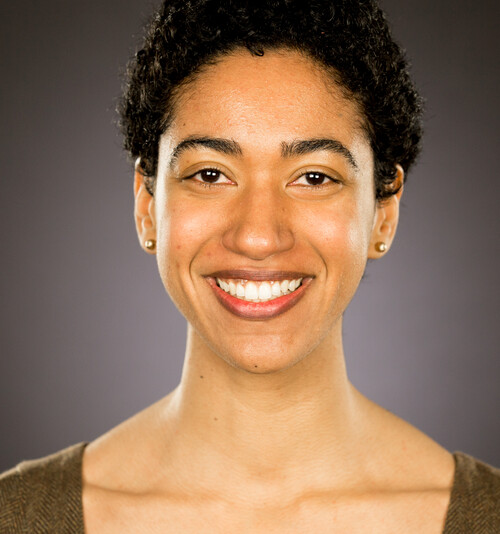Céline Leboeuf

“Black lives matter.” “I can’t breathe.” In recent months, these and many other slogans have ripped through the news and social media. At die-ins, in marches, in chants, people across America are mingling their bodies and voices to stand up to abuse and intolerance. In short, people everywhere are embodying resistance to oppression.
Céline Leboeuf is interested in these very instances of embodied resistance. How can we counter centuries of ingrained prejudice and racism with gestures and with eye contact? “We don’t even have a word for these positive gestures,” Leboeuf explains. “I think of them as anti-microaggressions, or micro-activism.”
Whereas microaggressions are minute gestures and acts, most often not perceived by their perpetrators, that belittle or discriminate against others, micro-activism can do just the opposite. “They empower, they include rather than marginalize.”
While most political philosophy focuses on big-picture questions like affirmative action and sexual harassment, Leboeuf is interested in the day-to-day—an approach known in philosophy as “phenomenology.”
In focusing on the day-to-day, Leboeuf takes after philosophers before her, notably Simone de Beauvoir and Franz Fanon. “I want to think of what the lived experience of women and people of color can teach us about the power of touch and other forms of interpersonal interactions to change those experiences,” Leboeuf says. “We can learn new habits; we can teach ourselves to embody resistance to oppression.”

